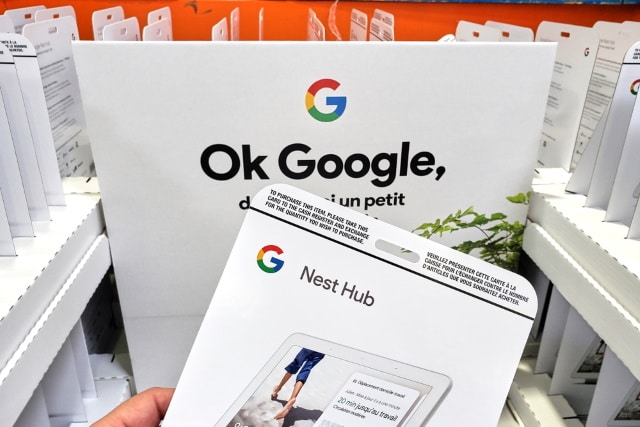Google to automatically delete more audio recorded by Assistant and introduce new privacy protections

Digital assistants have been in the spotlight recently after various stories about contractors listening to recordings. Following a backlash from users and privacy advocates, Google has announced a number of changes to how it stores and processes audio data.
The company also takes the time to explain a little bit more about how it processes audio recordings and to reveal the new privacy protections it will use in the recording transcription process.
See also:
- Facebook has been paying people to listen to your Messenger conversations
- Privacy: Google stops transcribing Assistant recordings and Apple stops listening to Siri recordings
- Yes, Google really is listening in on what you say to Google Assistant
Google reiterates that the human processing of audio recordings is currently paused, and also stresses that "we don't retain your audio recordings". The company points out, however, that by "opt[ing] in to the Voice & Audio Activity (VAA) setting", you can help to improve Google Assistant.
In a blog post, Google also says:
We're updating our settings to highlight that when you turn on VAA, human reviewers may listen to your audio snippets to help improve speech technology. If you're an existing Assistant user, you'll have the option to review your VAA setting and confirm your preference before any human review process resumes. We won't include your audio in the human review process unless you've re-confirmed your VAA setting as on.
Senior product manager of Google Assistant, Nino Tasca, says that "an extra layer of privacy filters" is going to be added to existing protection measures to help ensure that audio recordings listened to by human reviewers will not be associated with user accounts.
He goes on to say:
The Assistant already immediately deletes any audio data when it realizes it was activated unintentionally -- e.g., by a noise that sounds like "Hey Google". We understand it's important to get this right, and will continue to focus on this area, including implementing additional measures to help us better identify unintentional activations and exclude them from the human review process. Soon we'll also add a way to adjust how sensitive your Google Assistant devices are to prompts like "Hey Google", giving you more control to reduce unintentional activations, or if you'd prefer, make it easier for you to get help in especially noisy environments.
One of the principles we strive toward is minimizing the amount of data we store, and we're applying this to the Google Assistant as well. We're also updating our policy to vastly reduce the amount of audio data we store. For those of you who have opted in to VAA, we will soon automatically delete the vast majority of audio data associated with your account that’s older than a few months.
Google will be adding this new policy to VAA "later this year", but it's not clear quite when this may be.
Image credit: dennizn / Shutterstock
